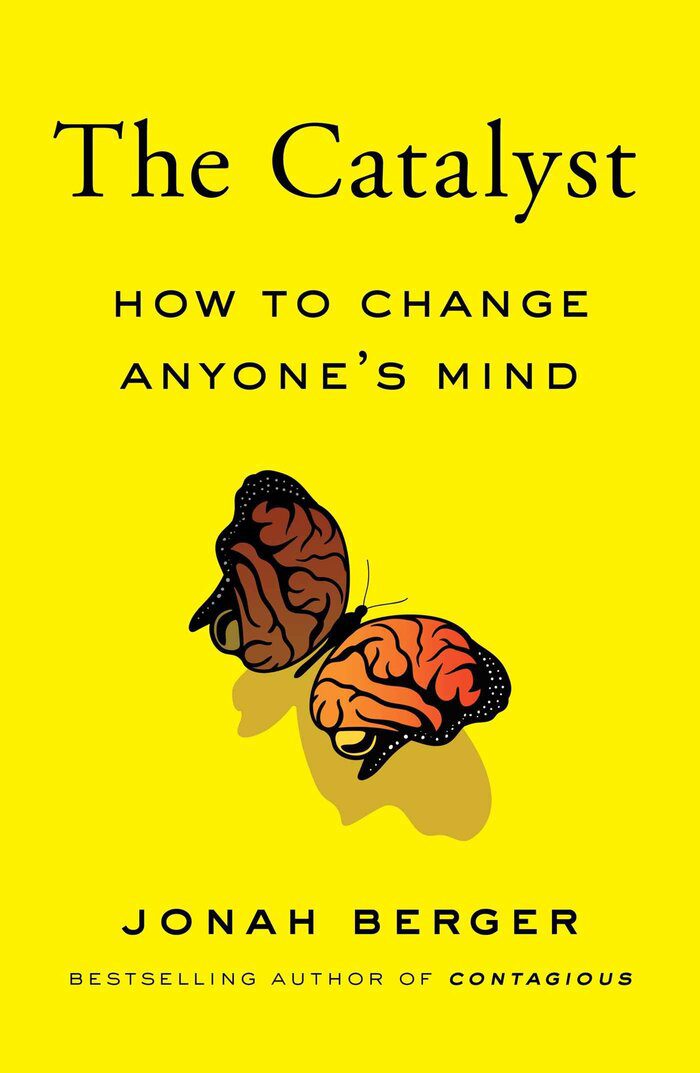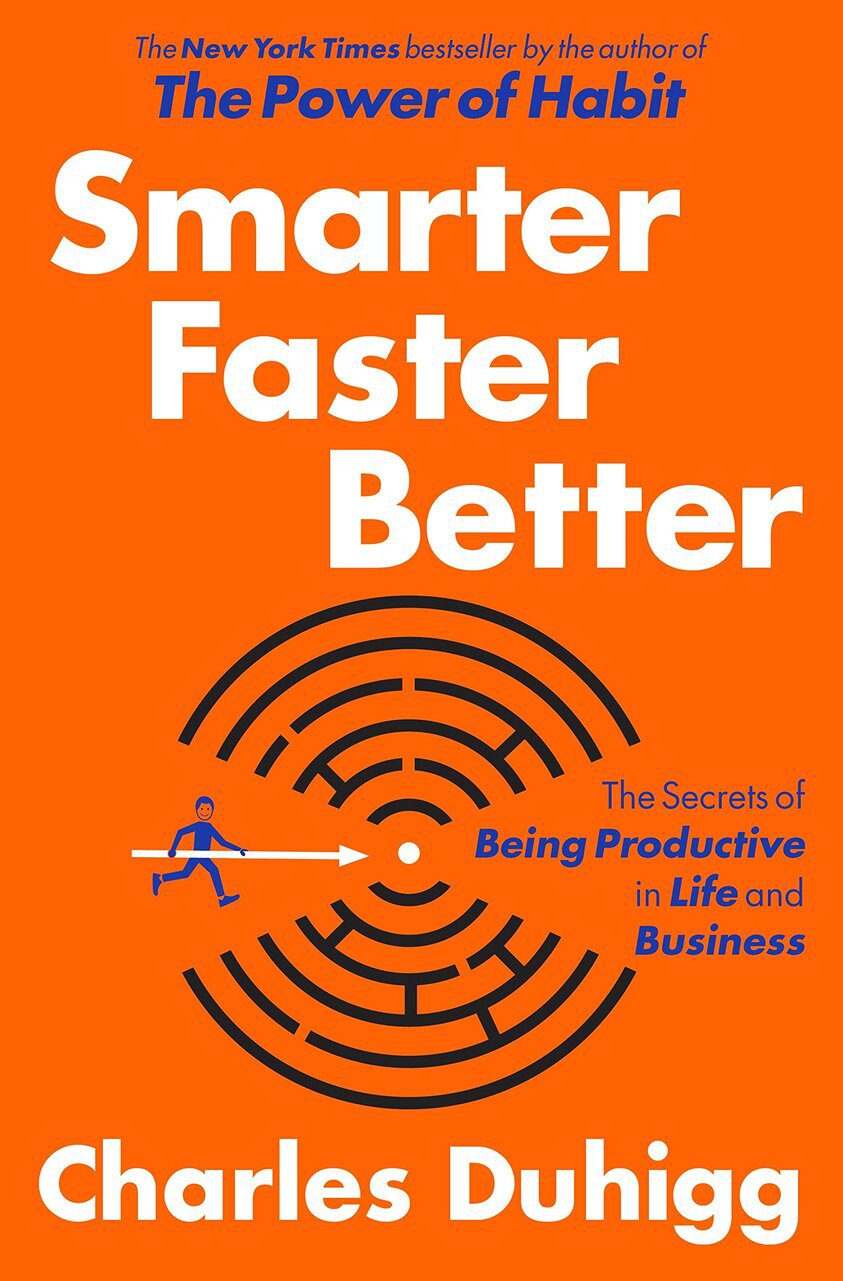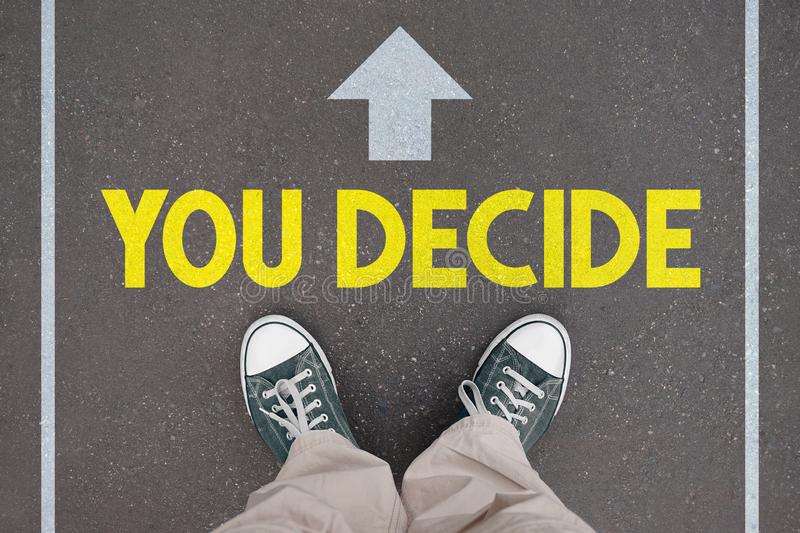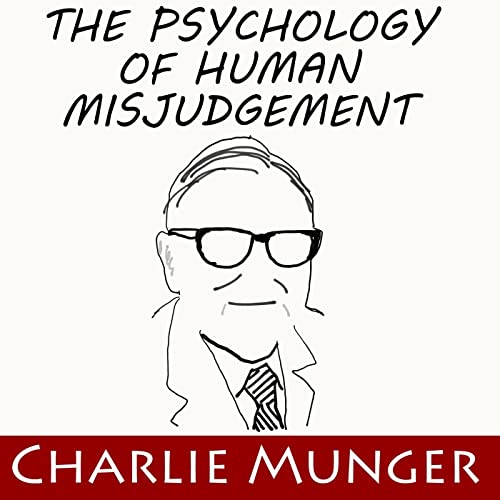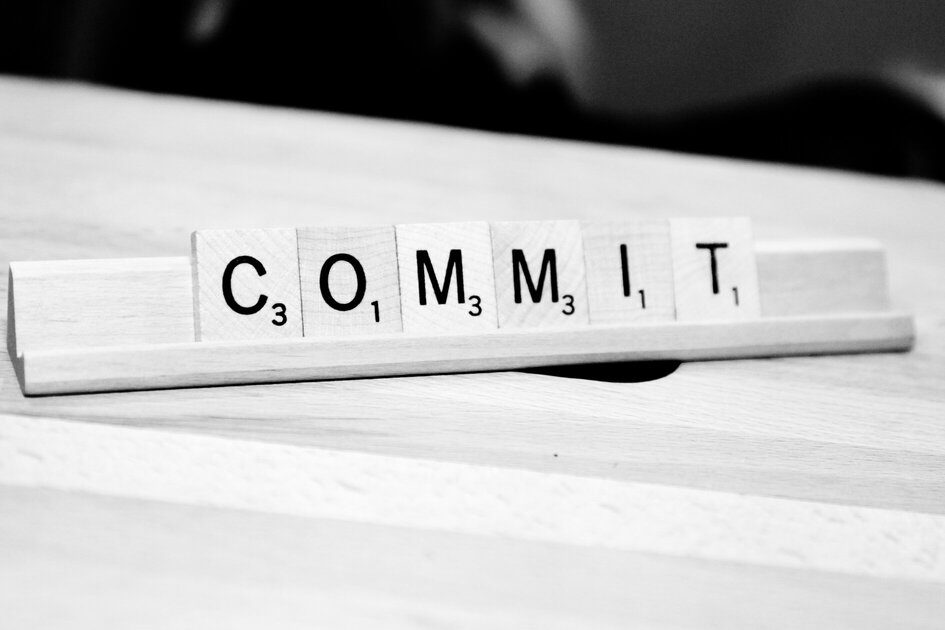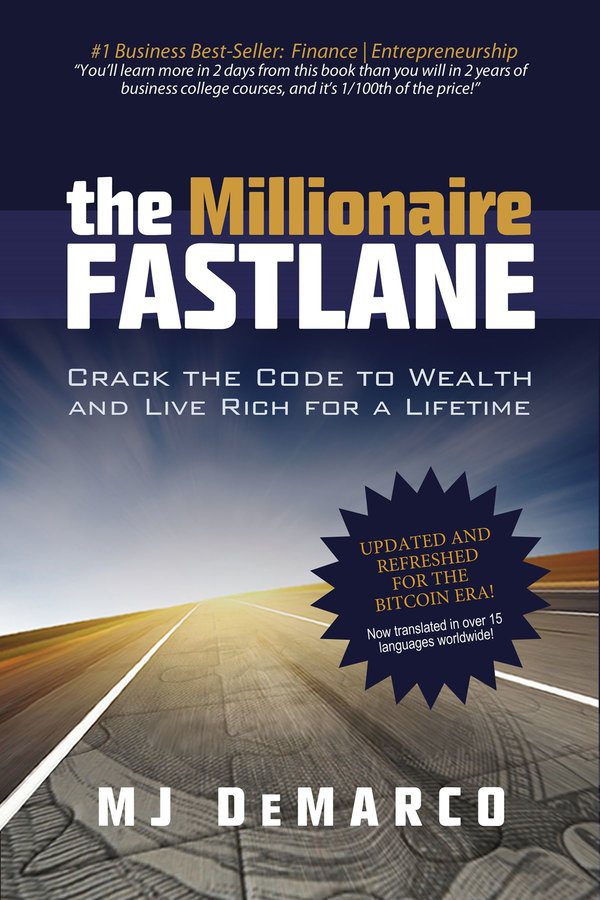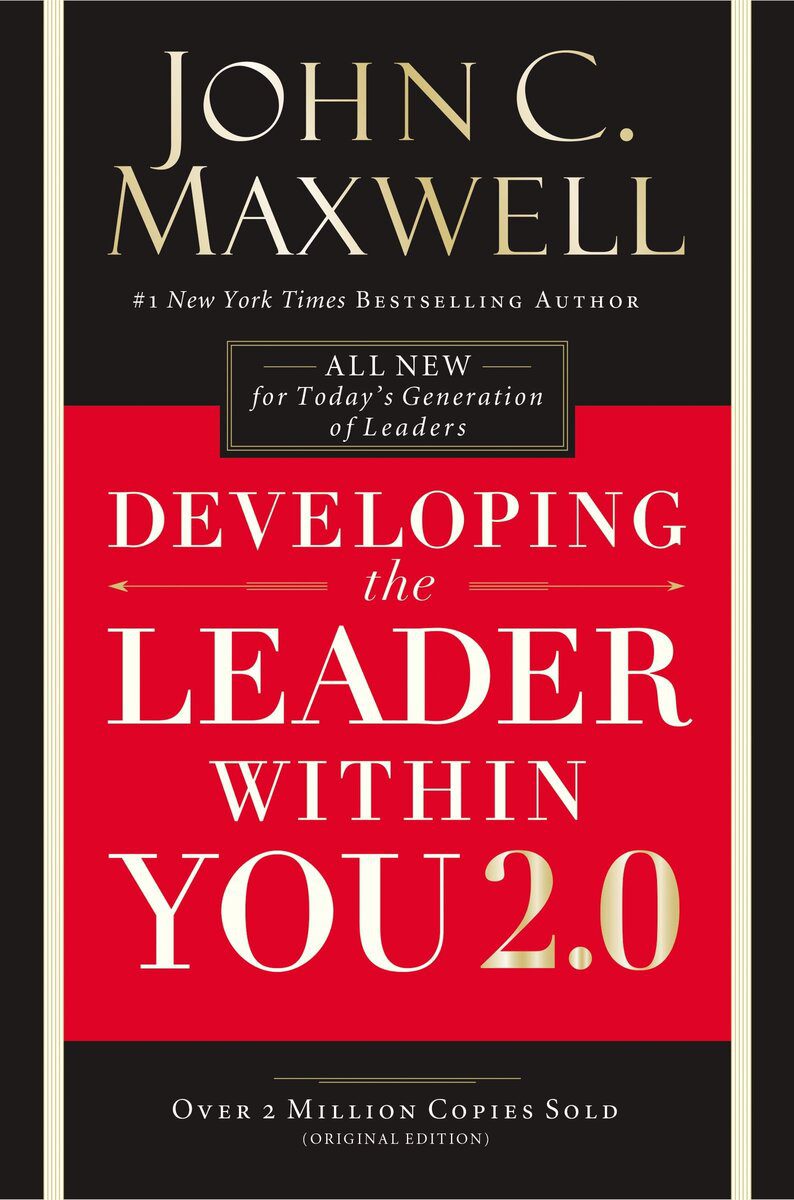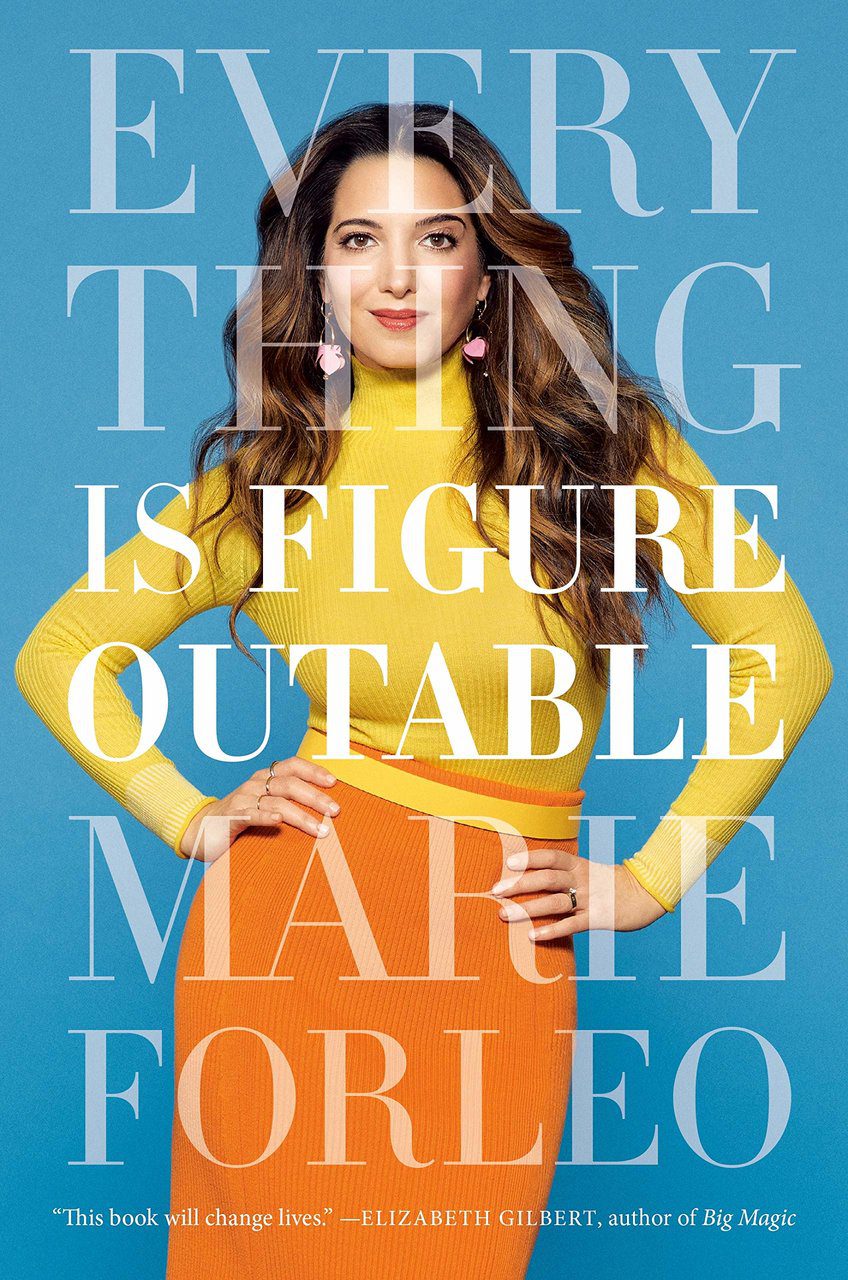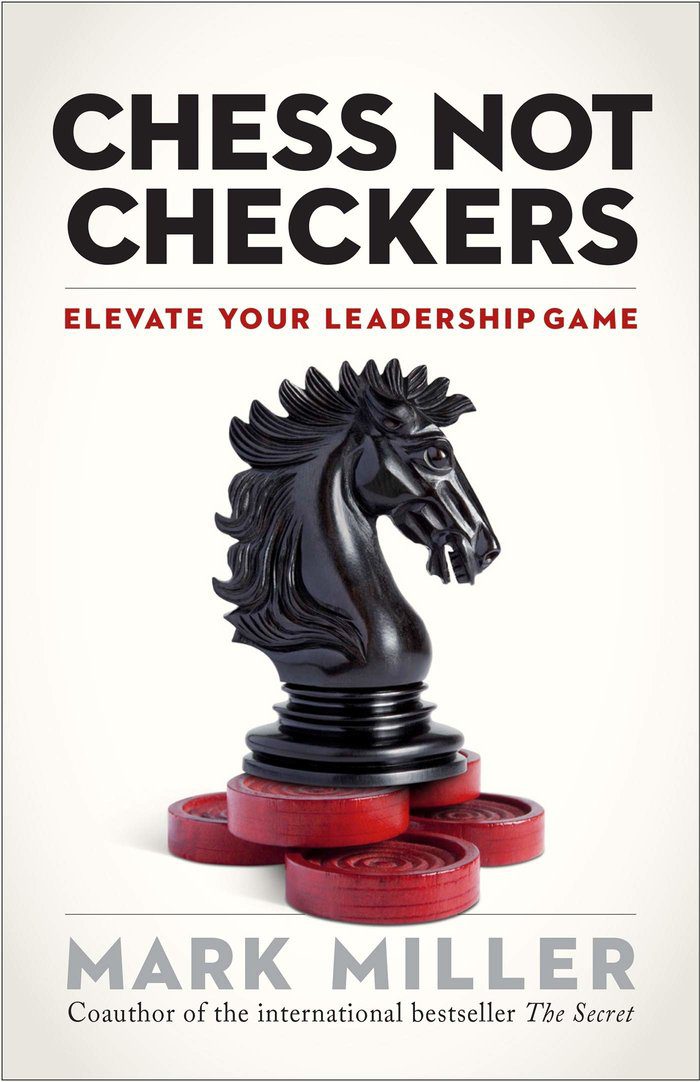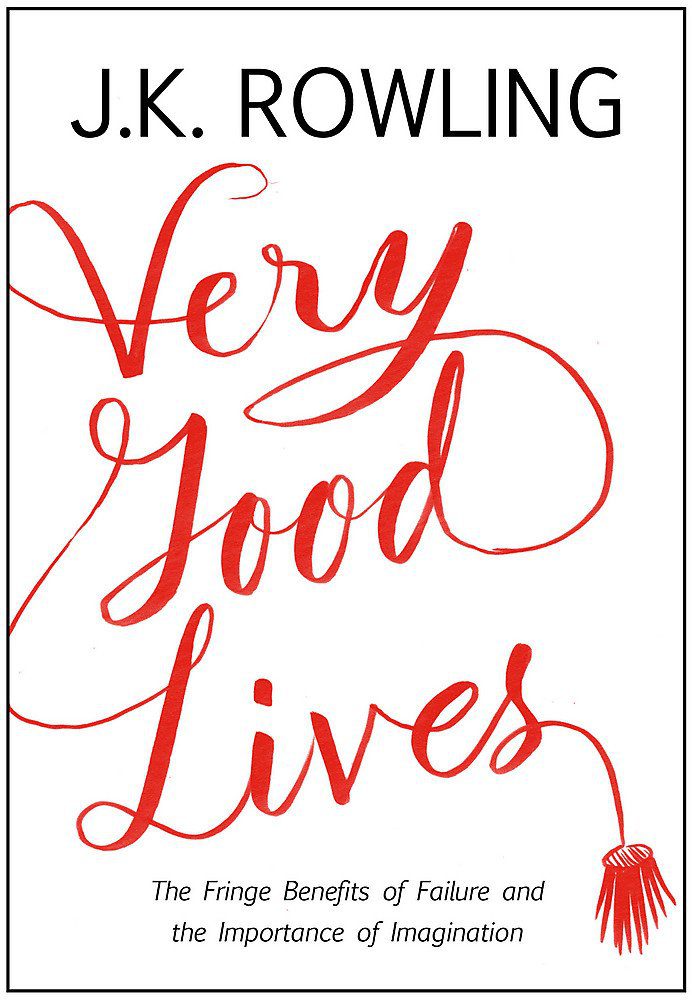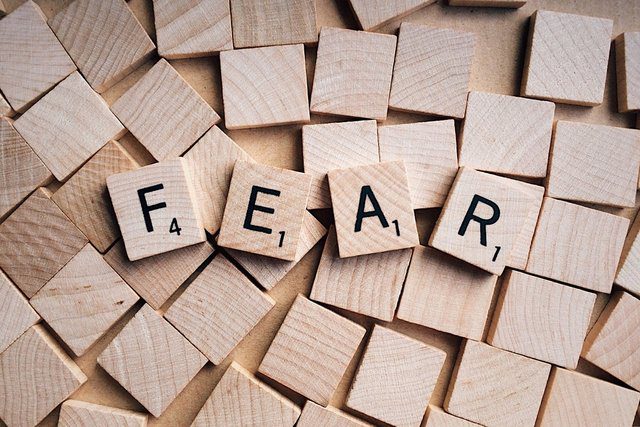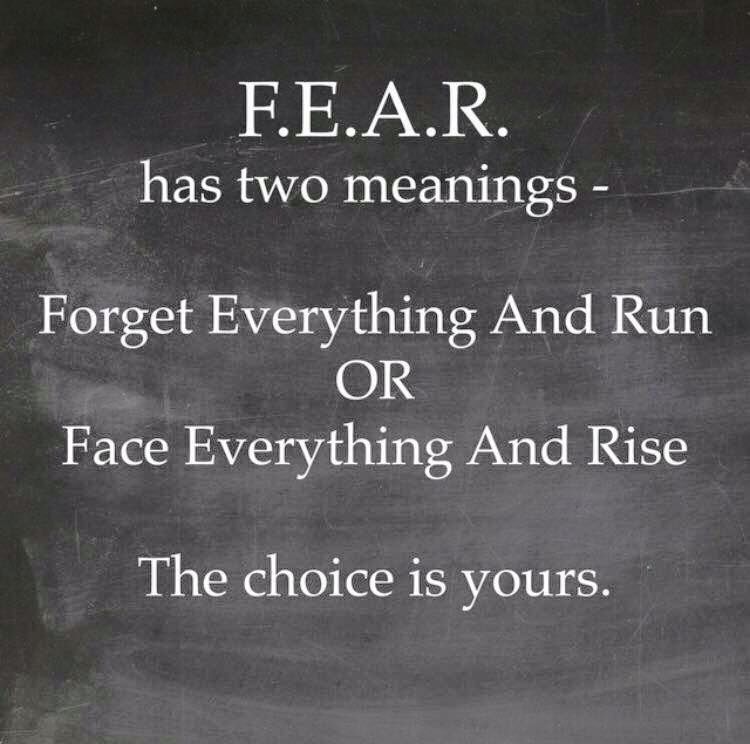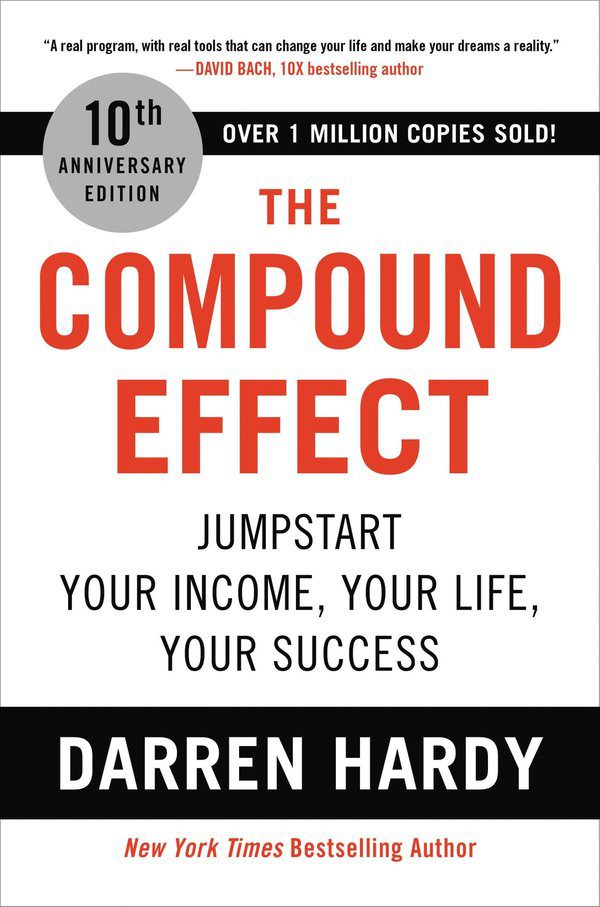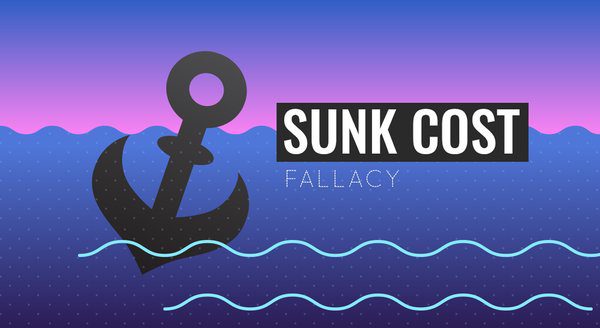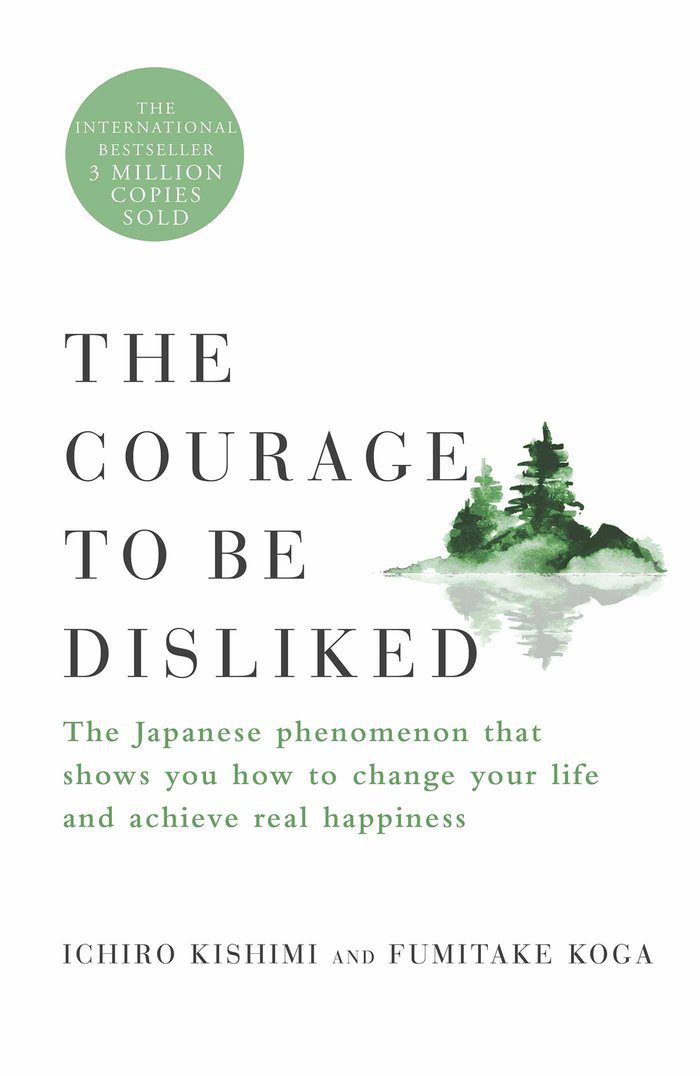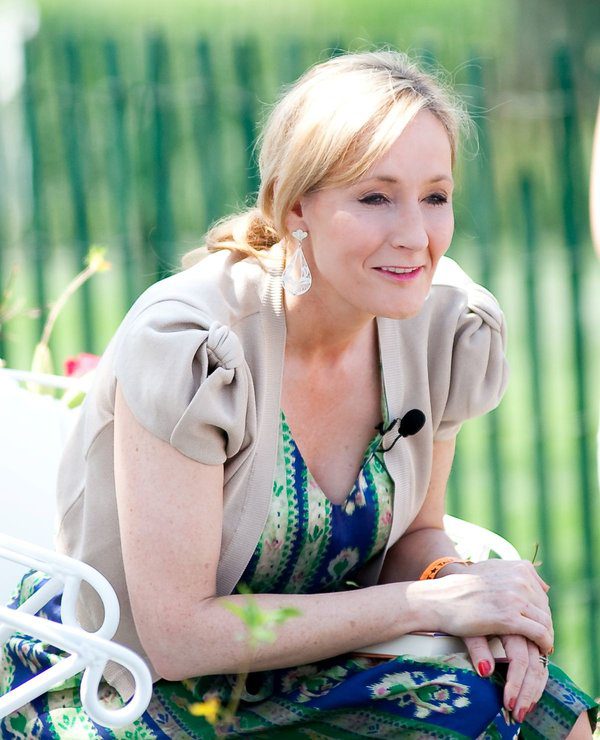“People change when they … Hurt enough that they have to, Learn enough that they want to, and Receive enough that they are able to.” – John C. Maxwell
Print | Kindle(eBook) | Audiobook
The Catalyst by Jonah Berger is a great and transformative book for me personally as I have tendencies of wanting to change people (Messiah Syndrome); for example, whenever I finish a book, watch a documentary, or get exposed to new information, I want to share it with everybody but have come to realize people are at different levels and period in their lives (they change when they are ready). Anytime I want to get frustrated with people and change, I remind myself that first: I might be wrong and I remember the words of Author John C. Maxwell on Change:
“People change when they … Hurt enough that they have to, Learn enough that they want to, and Receive enough that they are able to.” – John C. Maxwell
Berger shares a great framework called REDUCE (Reactance, Endowment, Distance, Uncertainty, and Corroborating Evidence) for effecting change, and I absolutely love it.
The Catalyst: How to Change Anyone’s Mind introduces a revolutionary approach to change. Successful change isn’t about pushing harder or exerting more energy. It’s about removing barriers. Overcoming resistance by reducing friction and lowering the hurdles to action. Discover the five hidden factors that impede change, and how by mitigating them, you can change anything.
Books Theme:
How to overcome inertia, incite action, and change minds—not by being more persuasive, or pushing harder, but by being a catalyst. By removing the barriers to change. Identifying what is blocking or preventing change. And eliminating these obstacles to action.
The book is about finding the parking brakes. Discovering the hidden barriers preventing change. Identifying the root or core issues that are thwarting action and learning how to mitigate them.
Here are my Favourite Takeaways from reading, The Catalyst: How to Change Anyone’s Mind by Jonah Berger:
